
What is ‘Ecoeffectiveness’ and What Does it Mean for Your Business?
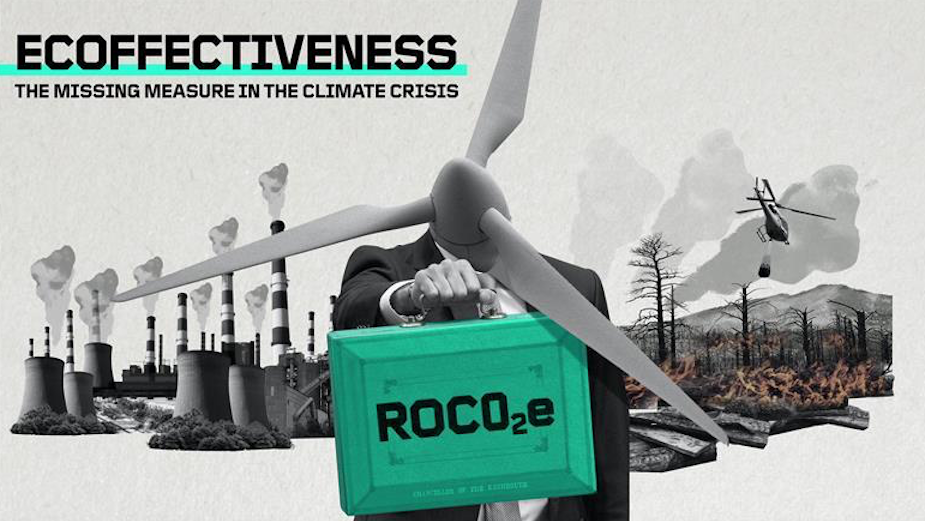
The challenge ahead
Since the Industrial Revolution, growth has gone hand in hand with increased emissions. Now, for the first time in history, the world has woken up to a climate crisis. And accordingly, businesses must grapple with the question: how do we create growth whilst decreasing emissions?
An increasing number of major brands have set clear and ambitious, science-based targets, and many are outperforming on the stock market. The most ambitious among these are the 1,000 organisations around the world signed up to the goal of hitting Net Zero within a certain time scale. But the question is, how do we get to Net Zero without compromising economic growth?
On the 20th January, Iris hosted panellists from PWC, SAP and Which? to discuss how businesses can start to increase ‘Ecoeffectiveness’ now and in the future. Which brings us to question, what can companies start doing now to grow profits whilst reducing carbon footprint? How can they galvanise the business internally? And how can marketing help?
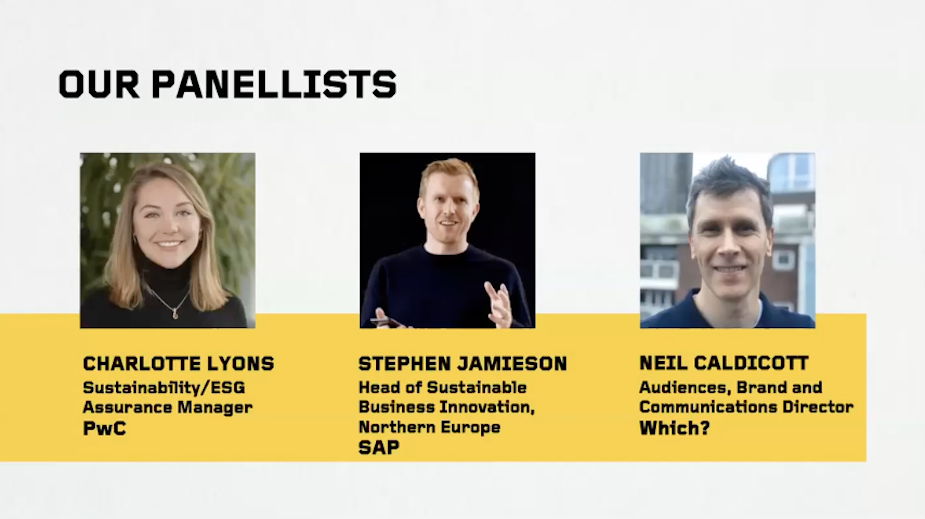
Investing in the circular economy
A number of businesses worldwide are investing in the infrastructure required join the circular economy. In the words of Stephen Jamieson, Head of Sustainable Business Innovation at SAP, ‘if you look at 2019, we consumed 92 billion tonnes of materials destined for the environment. That is 42% of the world’s CO2 consumption. There are going to be a lot of Teslas and upstarts coming – start-ups that understand the circular economy and figure out how to get value out of that 92 billion tonnes of material [before others do].’
This is about competitiveness, not compliance. Mature businesses are acting now in order to position themselves competitively once regulation comes into place. Ikea, for instance, wants to make it easier for customers to acquire, care for and pass on products in circular ways - such as repairing, reusing, reselling, and recycling them. Meanwhile, Walkers Crisps has adopted a technique it says will slash CO2 emissions from its manufacturing process by 70%. The technology will use CO2 captured from beer fermentation in a brewery, which is then mixed with potato waste and turned into fertiliser to feed more potato crop.
Marketing can play an invaluable role in advocating for further change, whilst also building a compelling story around your business’ circular economy. But it can only do so once there is a story to tell. As Neil Caldicott pointed out in our panel discussion, ‘There have to be some genuine reasons to believe before you can shout about them. Just doing a puff piece about thinking it’s important the world is a greener place, is actually damaging for a brand. You’ll break trust with the consumer base if you make claims you can’t then substantiate.’
Building carbon-free value
Once brands are able to substantiate claims, marketing can be a powerful tool in building premium equity around a low-emissions product. Already in 2015, a Nielsen report found that 73% of Millennials are willing to pay more for sustainable goods - a figure which increases among Gen Z.
Brands like Patagonia and BrewDog have become aspirational and ‘worth paying more for’ because they are authentically committed to sustainability goals. Patagonia has grown into a $1b powerhouse by remaining true to its eco-friendly ethos and urging consumers to consider the environmental effect of their purchases. And in the words of Stephen Jamieson, ‘BrewDog getting to grips with some really knotty issues in their factories… And anything they can’t manage through renewable forests, they’re offsetting by replanting the Caledonian forest. So, they’re following all the right practices and managing to communicate this effectively through their brand story and ‘F*@k You CO2’ campaign.’ The campaign positions the brand as a leader whilst communicating sustainability initiatives in a simple way that perfectly reinforces its brand character.
In this way, brands are uniquely positioned to affect behaviour change - precisely by making the sustainability message simple for people. As Neil Caldicott says, there’s so much information and ‘it’s so confusing out there…If you make it difficult for me, I’ll just switch off. If I trust you as a brand, I trust you to do the difficult work for me.’ Marketing is an opportunity for brands to gain consumer trust by proving they’re doing the hard work and heavy lifting required for consumers to make better decisions more easily.
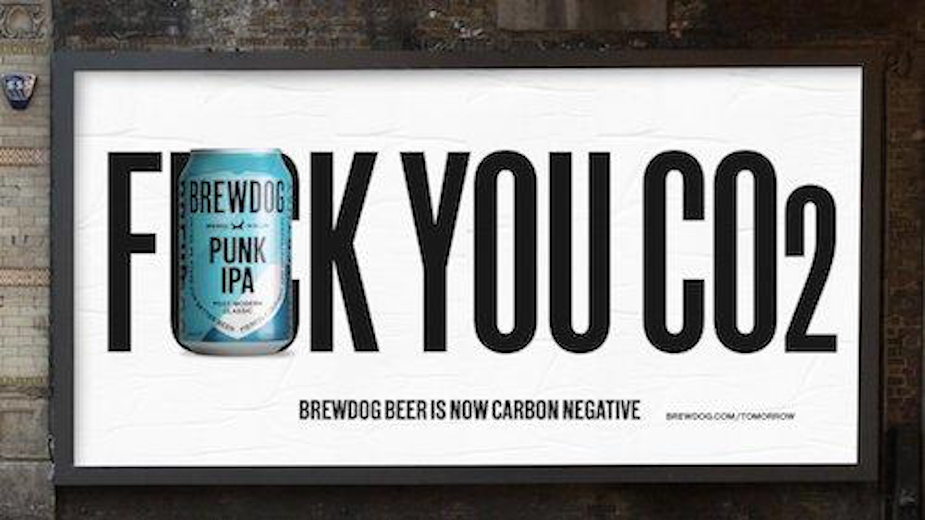
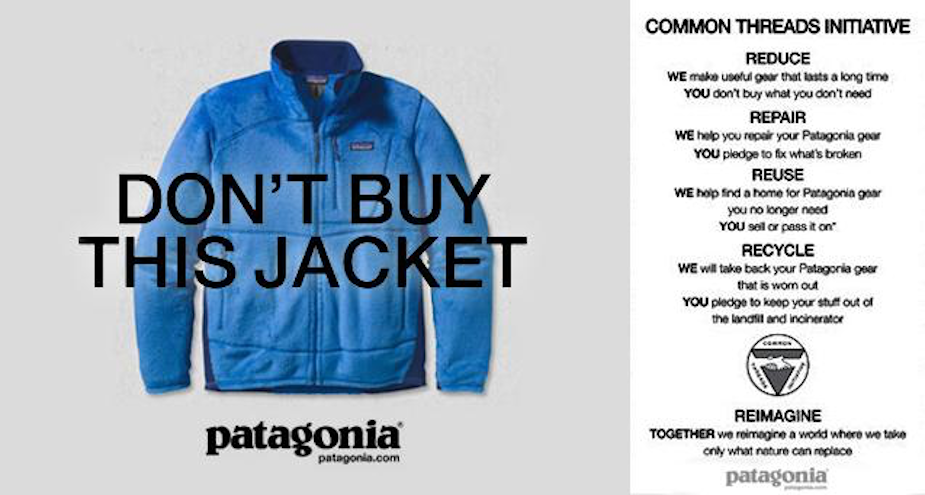
But where to begin? How should businesses, who have never measured Effectiveness before, set motions in place? And how to galvanise teams internally?
Measuring CO2 impact
According to Charlotte Lyons, ‘the first step is understanding the emissions sources. Where are they coming from? What operations do they affect? After you do that, [you can then define] your scope 1, scope 2 and scope 3 emissions. Scope 1 and 2 are emissions directly related to the running of your business, and Scope 3 cover upstream and downstream emissions.’
From here, businesses are better positioned to contextualise business decisions. As Stephen Jamieson puts it, ‘At SAP, we’re focussing on how we embed each of those metrics into core financial records. So, for every financial decision, [there is] a CO2 impact. This can really ingrain it into the organisational structure.’
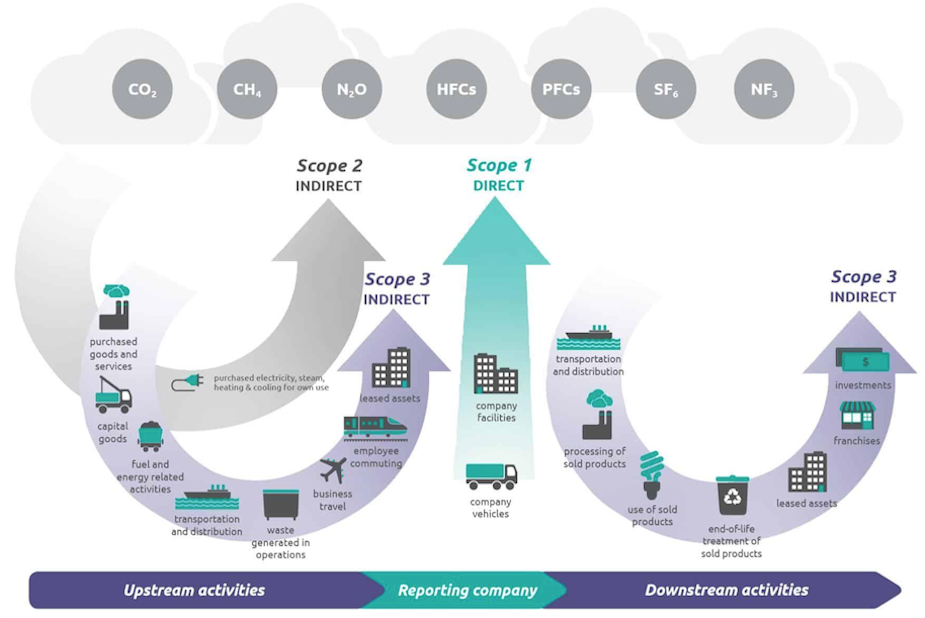
Setting a vision
Galvanising around a clear, tangible vision can be powerful. How is your market likely to evolve in the next 5, 10 or 20 years? Can your product or service withstand the change, or does it need to adapt? If so, what’s the vision in the near and long term? Neil Caldicott sees a trend in consumerism: ‘Buying more and wanting more’ is likely to lose its cache. Neil Caldicott’s approach is to build a roadmap and vision for Which? internally, whilst bringing consumers on the journey. Today, consumers trust Which? to ensure every product featured is safe, as this is a non-negotiable for Which?. And even though customers today are still buying primarily on price and performance, the trend indicates consumers will, in future, increasingly look at sustainability as a factor in buying choices. Which?’s vision is that sustainability will be considered another non-negotiable, like product safety. This type of vision setting is part of the consumer champion’s three-year plan to prioritise what changes it introduces today in order to prompt positive purchase decisions and be ready for tomorrow.
Making a move
Finally, there is value in starting (however small) and building from there. As Neil Caldicott says, ‘It’s ok not to be perfect and just get on with something. We launched our Ecobuy badge in November – a simple system across washing machines and dishwashers, giving our members a very straightforward way to choose products that are better for the environment. In creating that, we created the appetite within the organisation to do more. We can now start to see dwell times and onward journeys for Ecobuy products, which allows me to have new conversations with the tech and product teams. So, by doing something, you create a bit of momentum to go and do something else.’
What now?
If you like what you’ve read, and you’re ready to take action, Iris is offering tailored strategy workshops to help your business make an initial leap into Ecoeffectiveness. You'll get access to our top strategic and creative talent in a focussed and interactive workshop, which will inspire your leadership with compelling visions of the future. Together, we’ll unpack the impact of your marketing on climate change whilst highlighting the levers you have at your disposal to decouple revenue and CO2 emissions - taking a fresh look at how your business can enable growth without it costing the earth. Get in touch with Rachel Geraghty to find out more about how Iris can help.
In the meantime, if you want to discover more about Ecoeffectiveness and the levers businesses can draw on to operate more sustainably, watch our webinar here.













